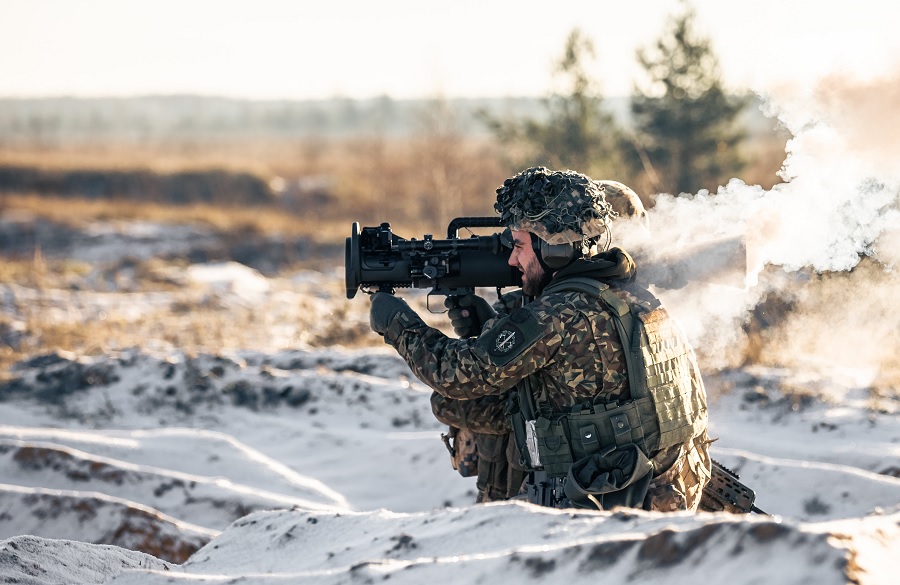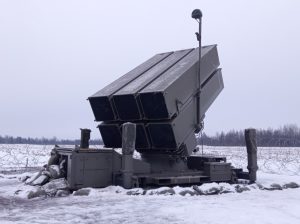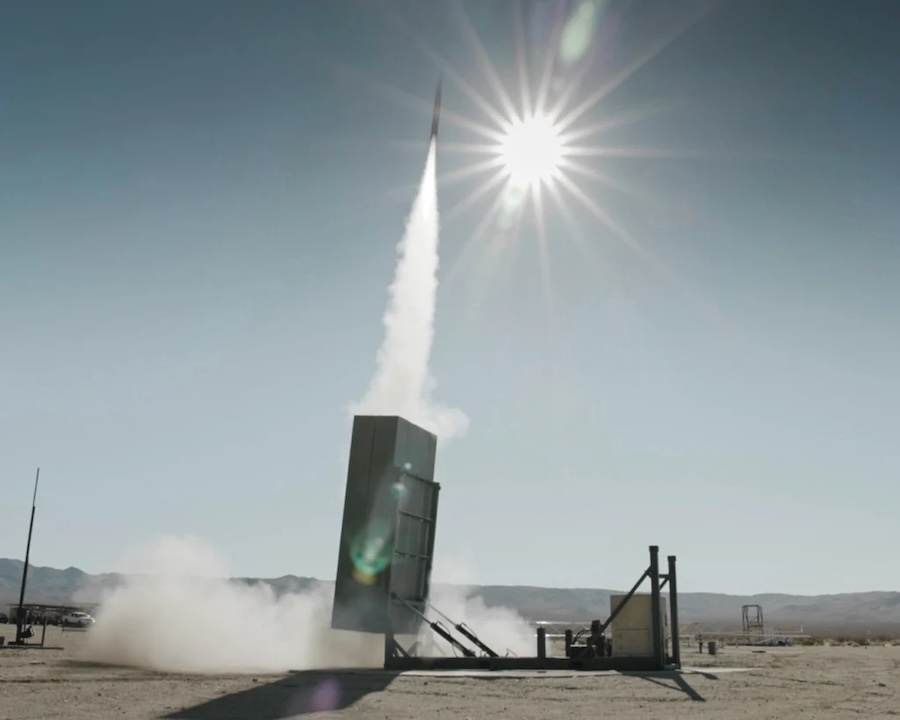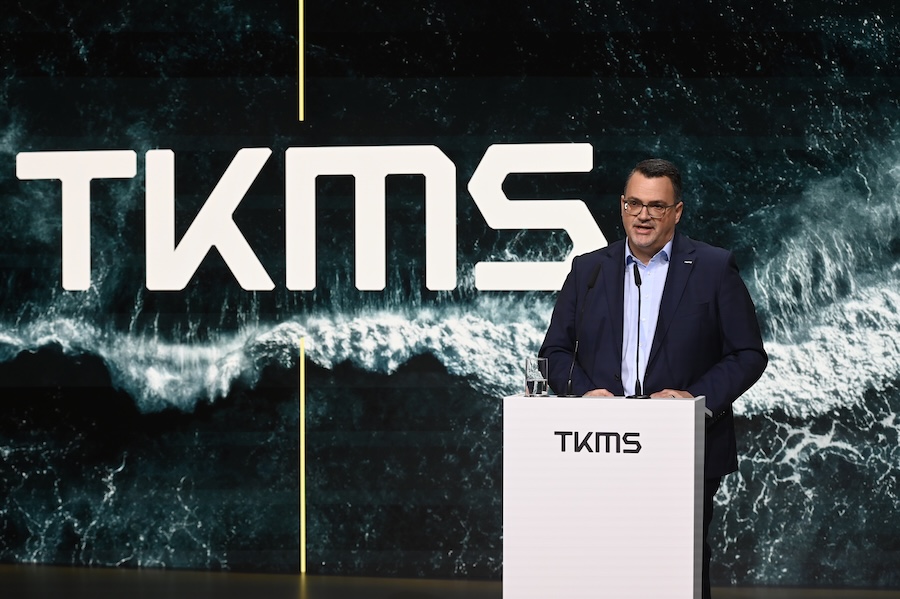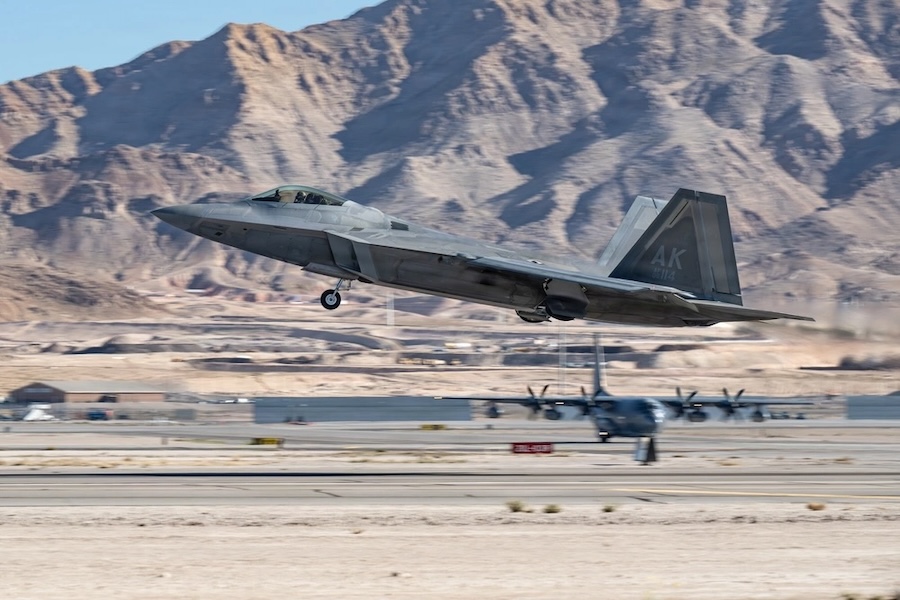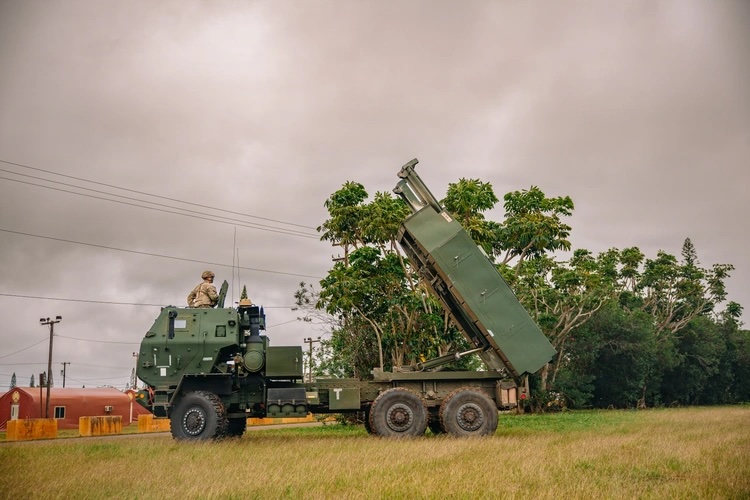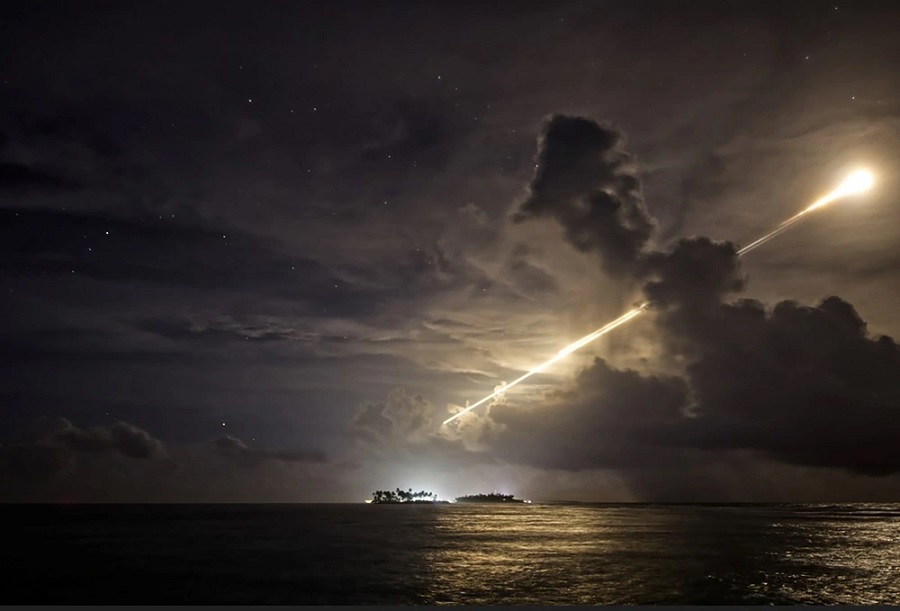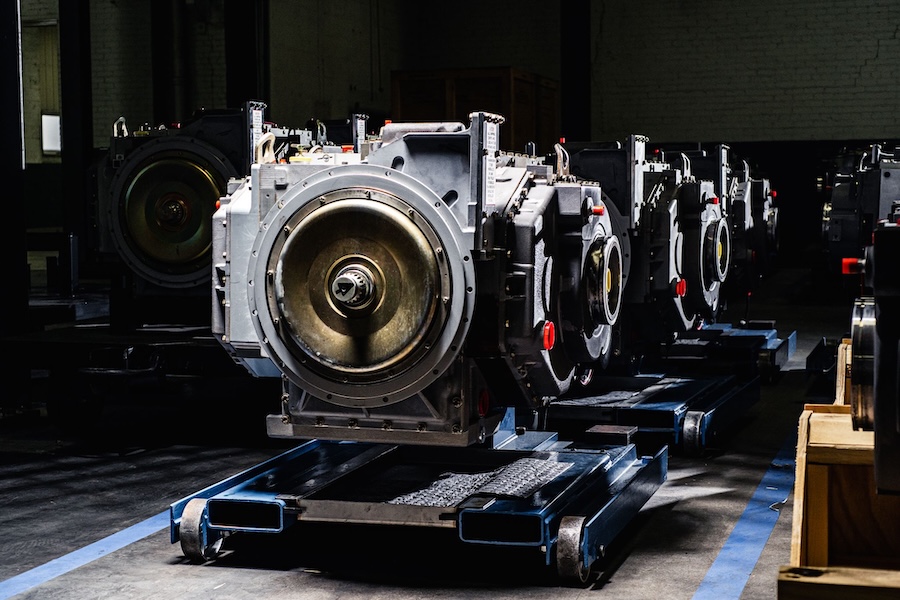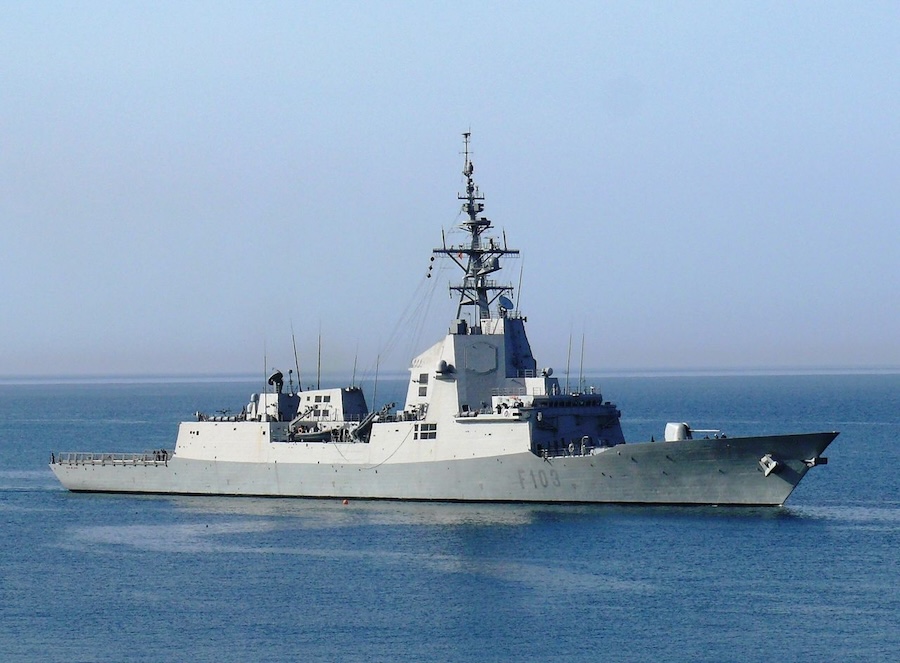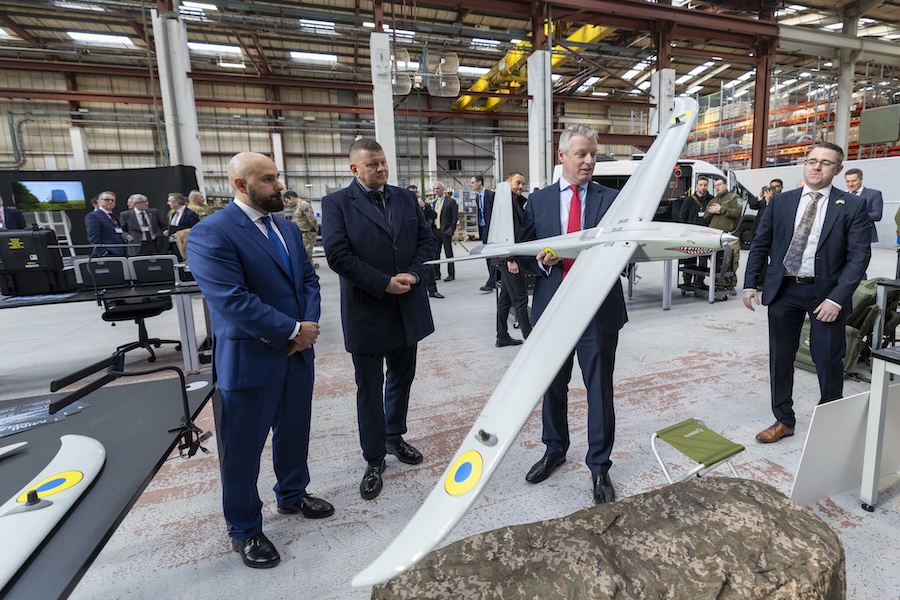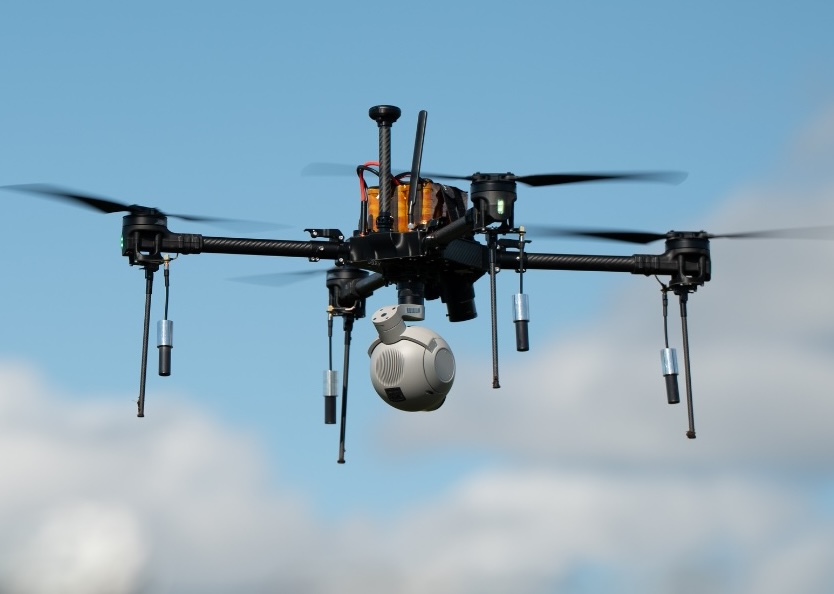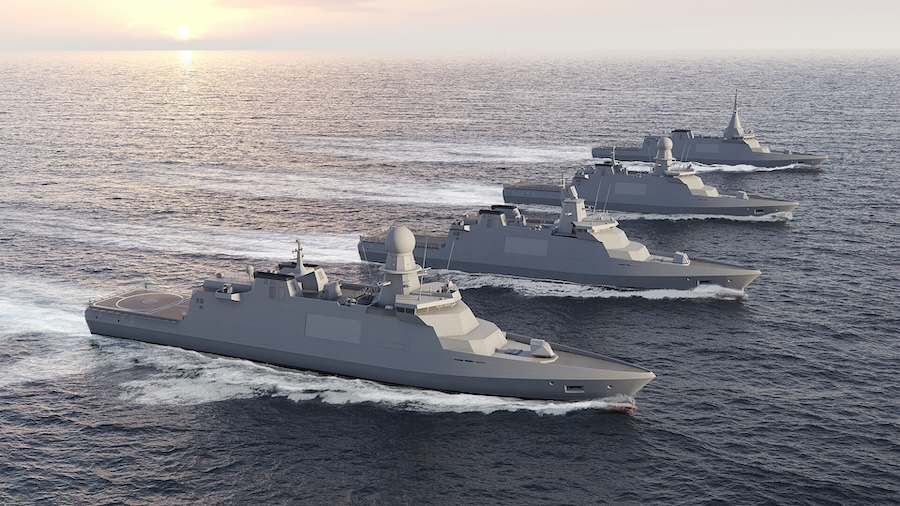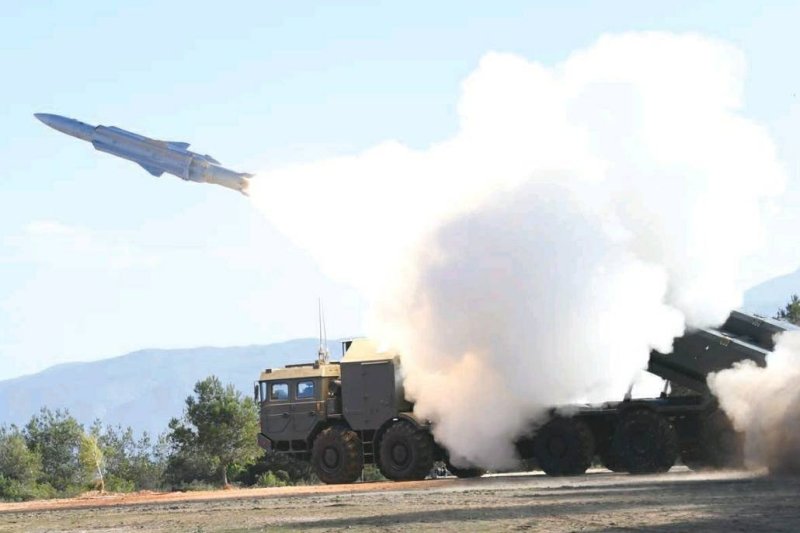According to Defence Minister Andris Sprūds, Latvia must enhance its capabilities across land, sea, air, logistics, and cyberspace. Key priorities include air and coastal defence, increased firepower, procurement of infantry fighting vehicles, ammunition production, and the development of drone and counter-drone systems.
Latvia’s strategic position as a NATO border state with Russia adds to the urgency of these military investments. The government acknowledges the increasing financial and personnel burden but remains committed to fulfilling NATO capability targets.
To implement NATO’s new defence plans approved at the Vilnius Summit, Latvia will introduce additional military capabilities. These efforts align with NATO’s principle of equitable burden-sharing among alliance members.
Despite already investing more in defence than many NATO allies, Latvia’s available resources remain insufficient to meet all alliance capability goals. As a frontline state, Latvia aims to set an example and encourage other NATO nations to increase their defence budgets accordingly.
Baltic defence ministers have previously urged NATO members to raise their defence spending to at least 3% of GDP. Latvia’s latest commitment underscores its determination to enhance national and regional security in an evolving geopolitical landscape.


